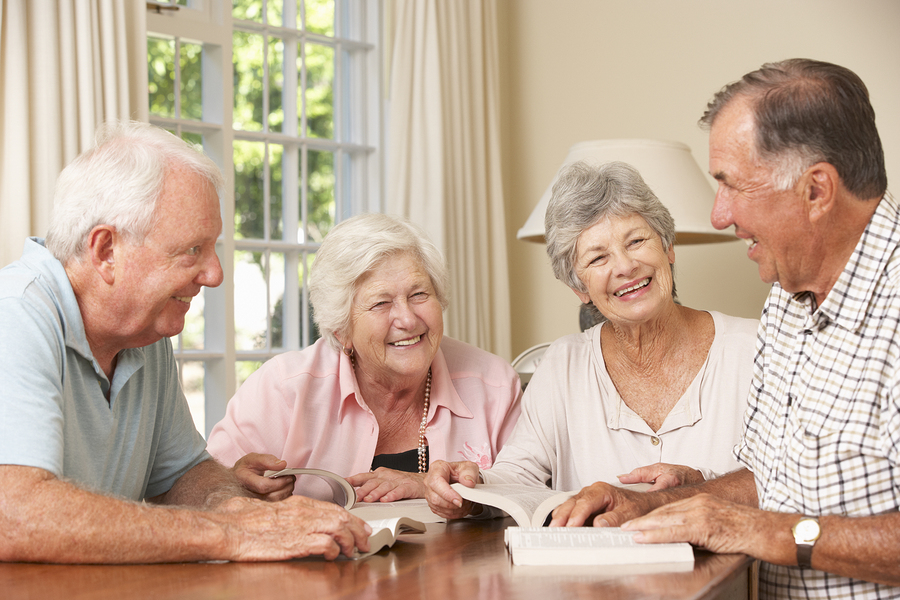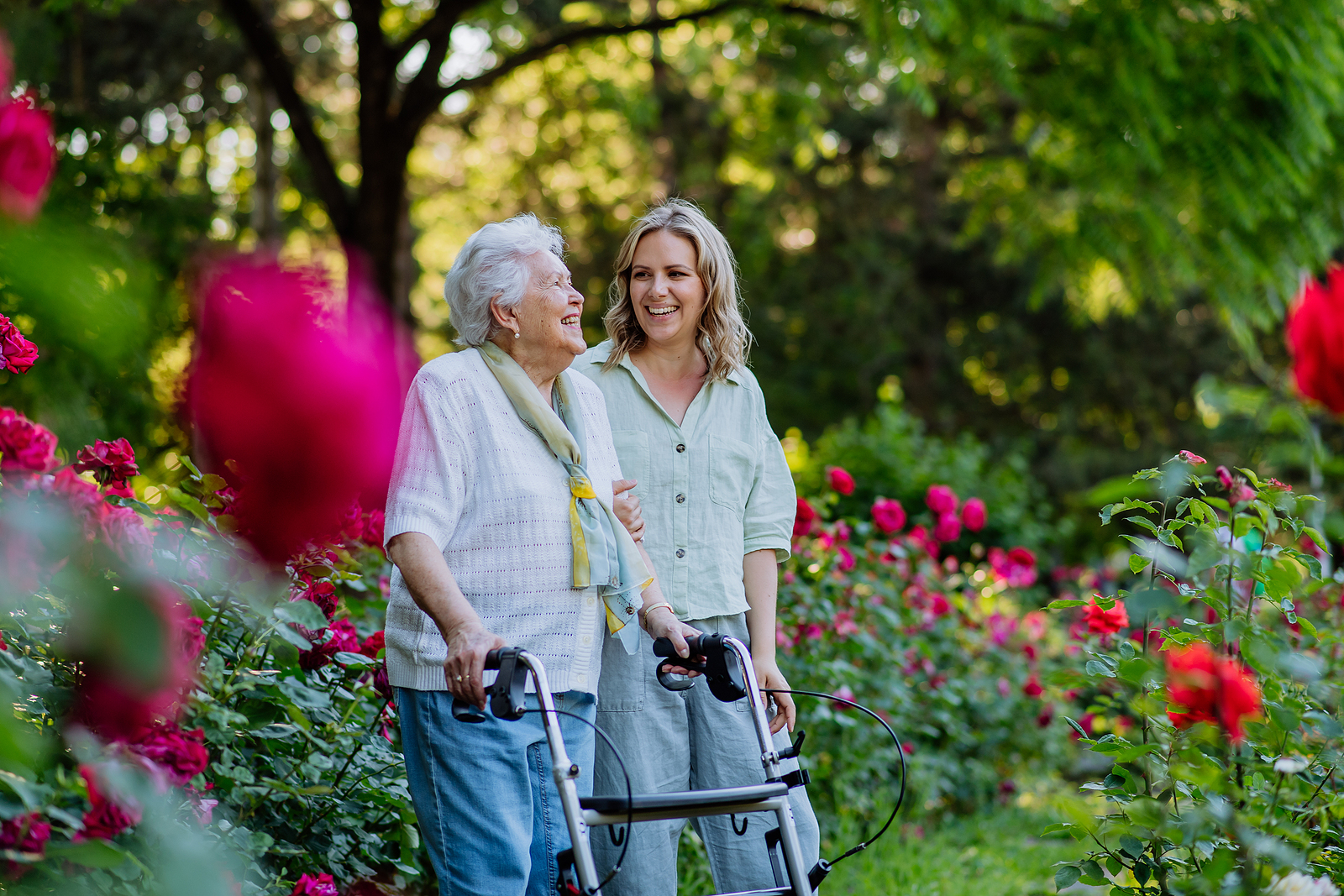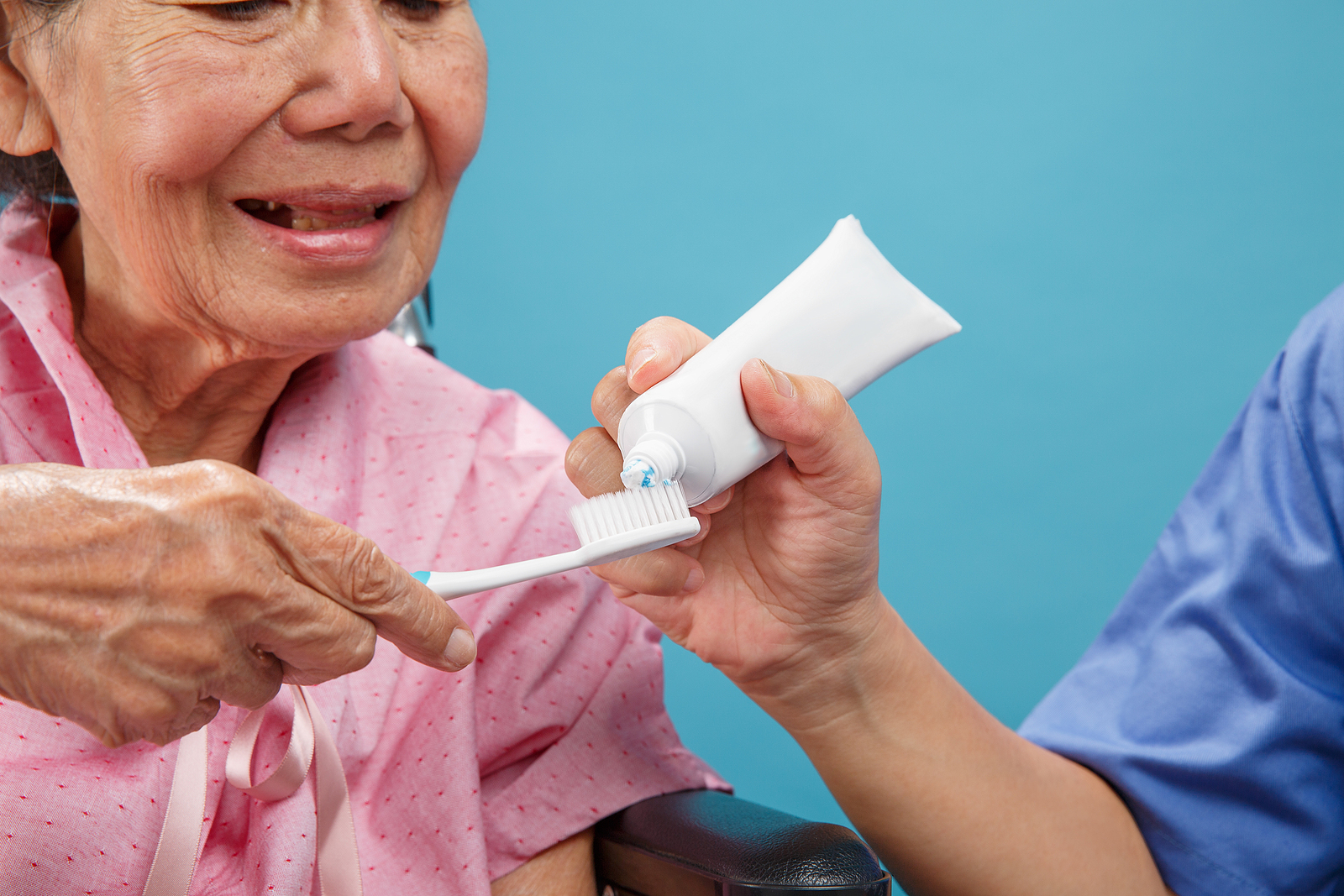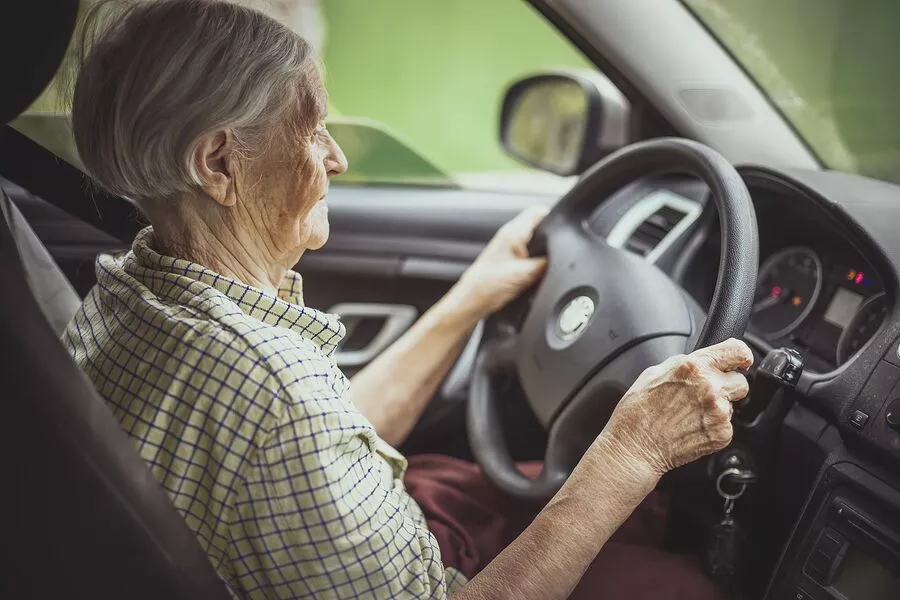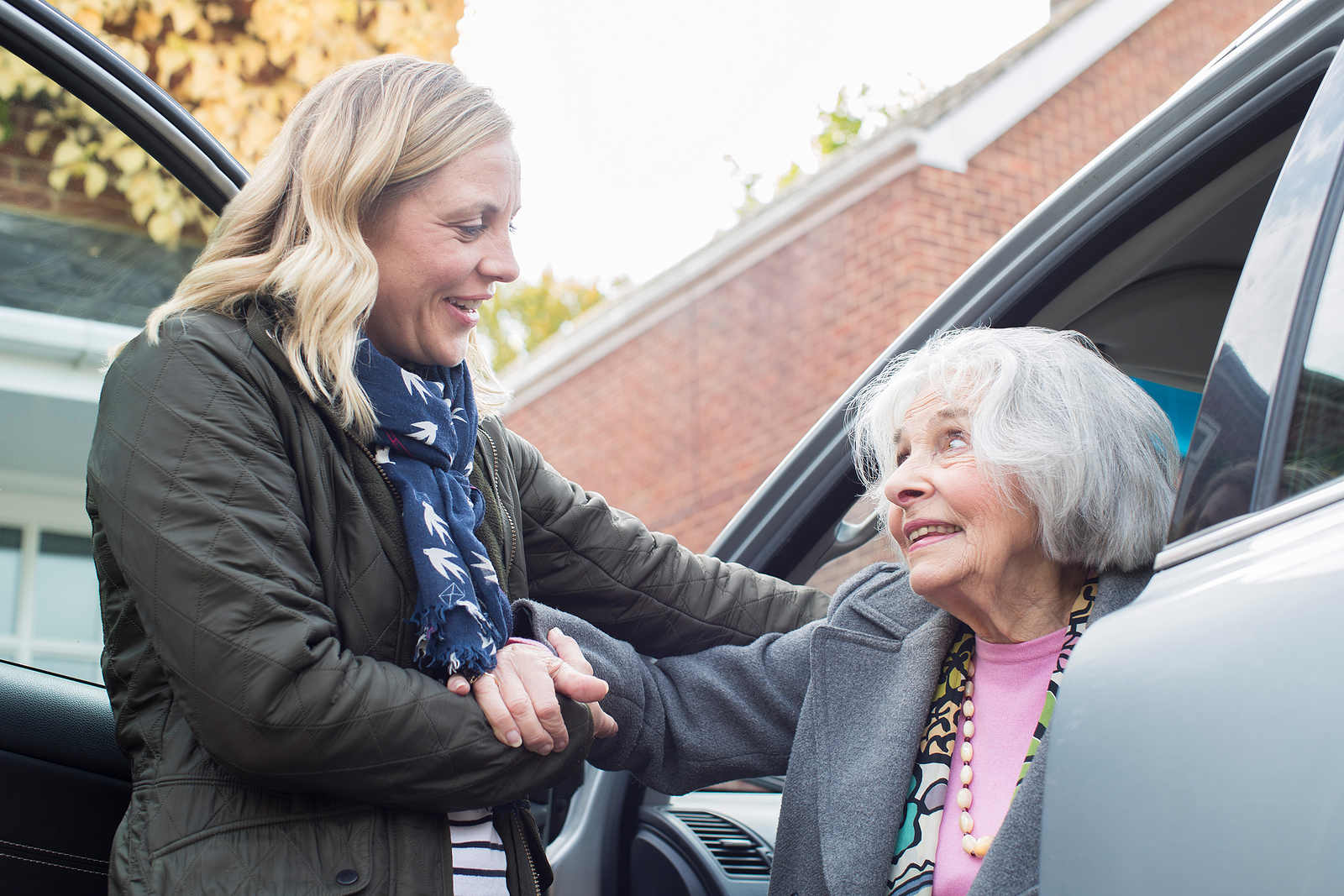
July is Social Wellness Month and now is a great time for seniors to get out of their comfort zones and try to be more social. Making friends and maintaining social connections is very important for seniors, especially for seniors that are living independently. Even though there are a lot of benefits that seniors get from living independently it can make staying socially connected a little challenging. During Social Wellness Month, seniors should make an effort to make new friends and reconnect socially with the world. Some things that seniors can do to break out of their comfort zone and make new friends are:
Rely on Companion Care at Home
Companion care at home gives seniors the social connection they need without them having to leave the house. Companion care at home is a great way for seniors that have chronic medical conditions or mobility challenges to get the important social connection they need to avoid loneliness without having to struggle to get out of the house. Talk to a local care agency today about the benefits of companion care for seniors.
Join A Club
Clubs are fantastic ways for seniors to make friends with people who have the same interests that they have. There are lots of different clubs seniors can explore. Almost anything a senior is interested in there is a club of other seniors who are interested in the same thing. Crafting, painting, hiking, pets, exercising, golf, books, movies, and more all have clubs that seniors can join. Seniors can also look online for virtual clubs that they can join using video chat so that they can meet and talk with other seniors about hobbies, books, and other things that interest them.
Volunteer
Volunteering is a fantastic way for seniors to get out of the house, be more active, and make friends. When seniors are volunteering they can meet new people from all walks of life as well as have a reason to get up in the morning. Seniors can volunteer with any number of groups that do good in the community and provide social connections and friendships that can help seniors stay well as they age. Many seniors find that volunteering gives them a new sense of purpose and determination. There are many local organizations that rely on volunteers who would love to have more seniors volunteer their time.
Visit The Local Senior Center
Almost every city has a senior’s center, but many seniors don’t realize how valuable these centers are. At your local senior’s center your senior parent can find clubs like book clubs to join. They can take classes, workout in the gym, find other seniors to walk with, and enjoy the benefits of having a space just for seniors. Often senior centers have live music on regularly scheduled days and other activities that are open to seniors. Encourage your senior parent to check out the local senior center and take advantage of everything it has to offer.
Reference
https://nationaltoday.com/social-wellness-month/
https://www.webmd.com/mental-health/psychological-benefits-of-friendship
If you or an aging loved one is considering companion care at home in Concord, CA, please contact the caring staff at Golden Heart Senior Care of Walnut Creek. (925) 203-3039.
